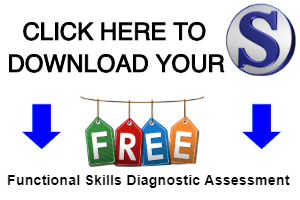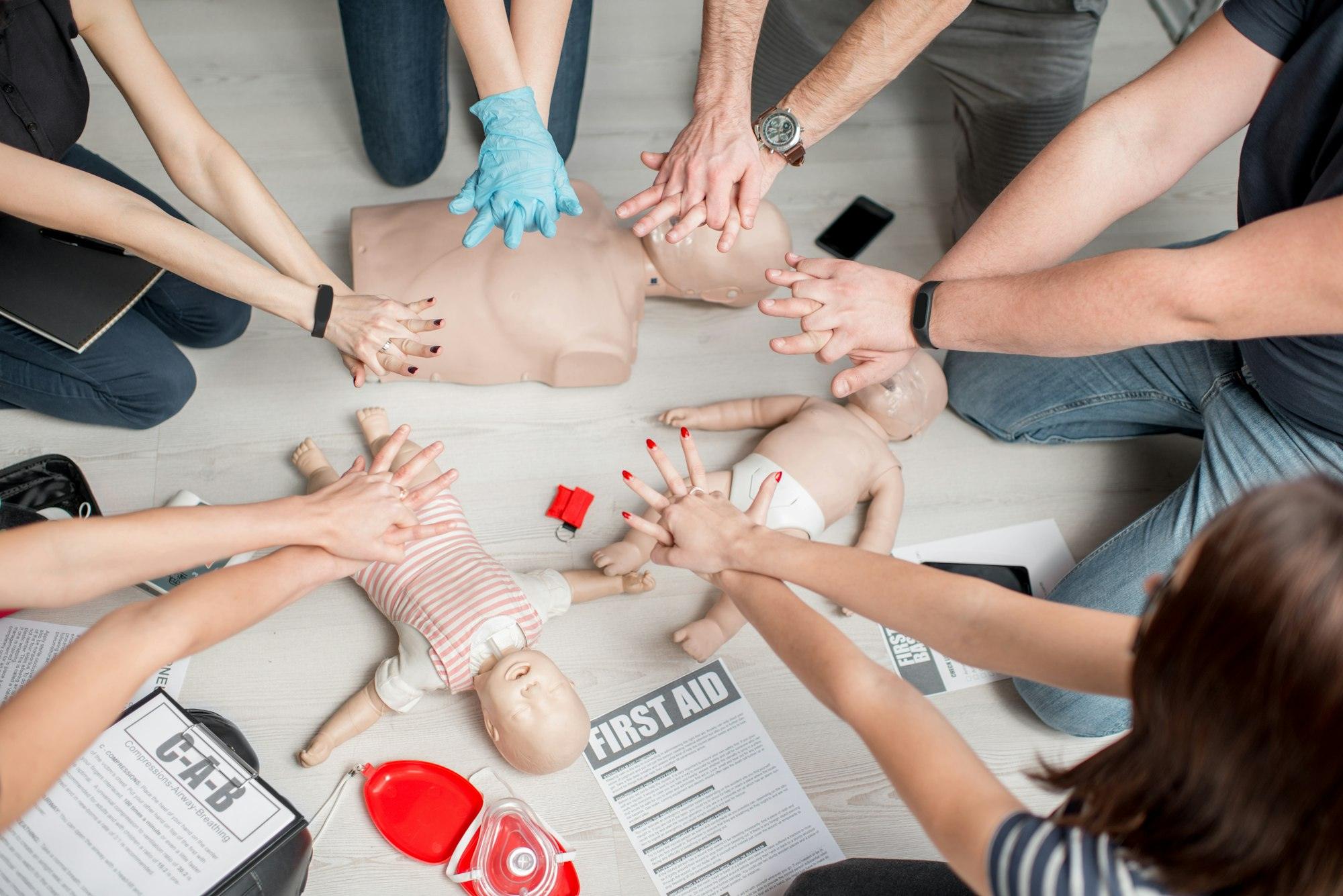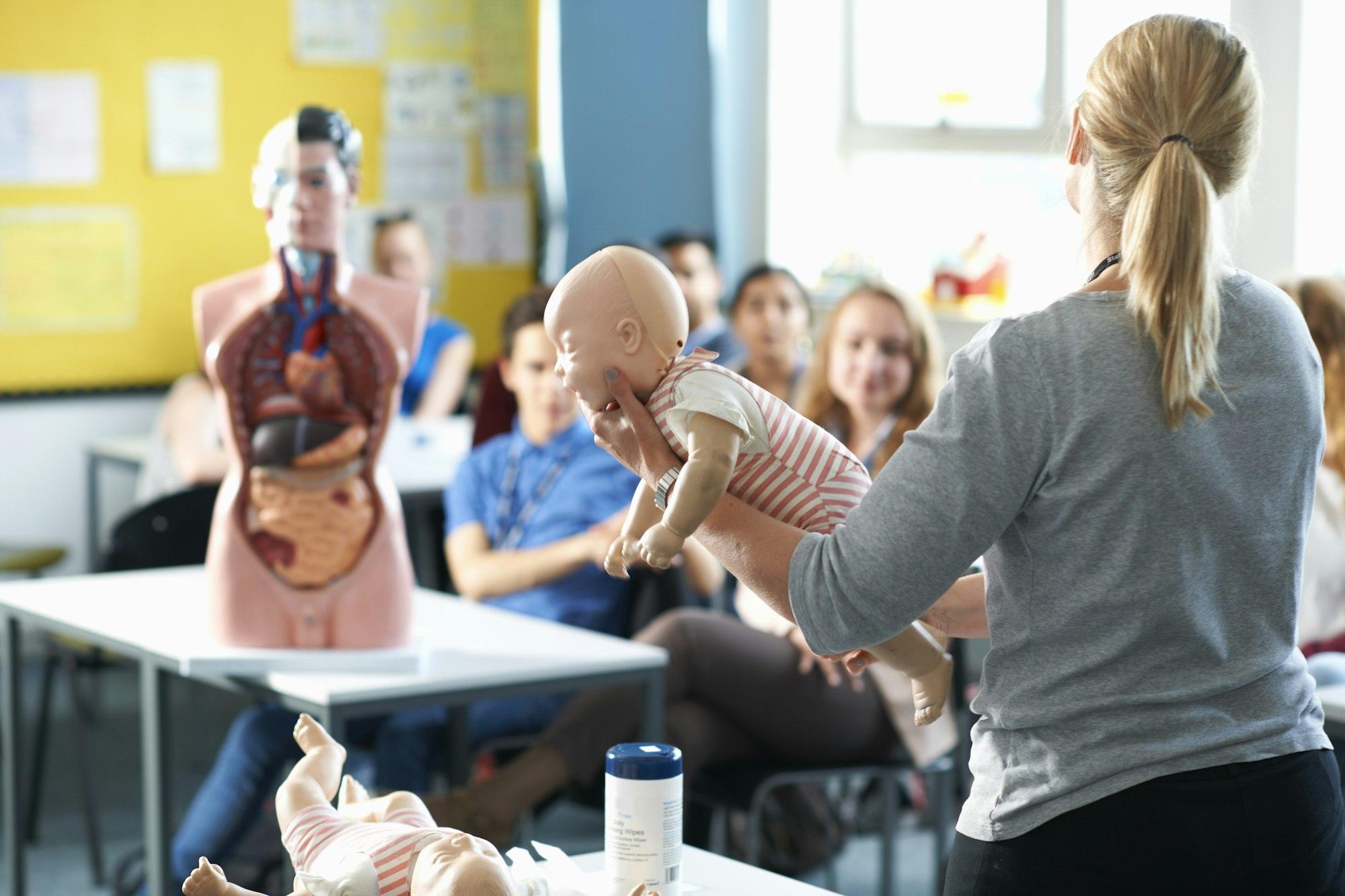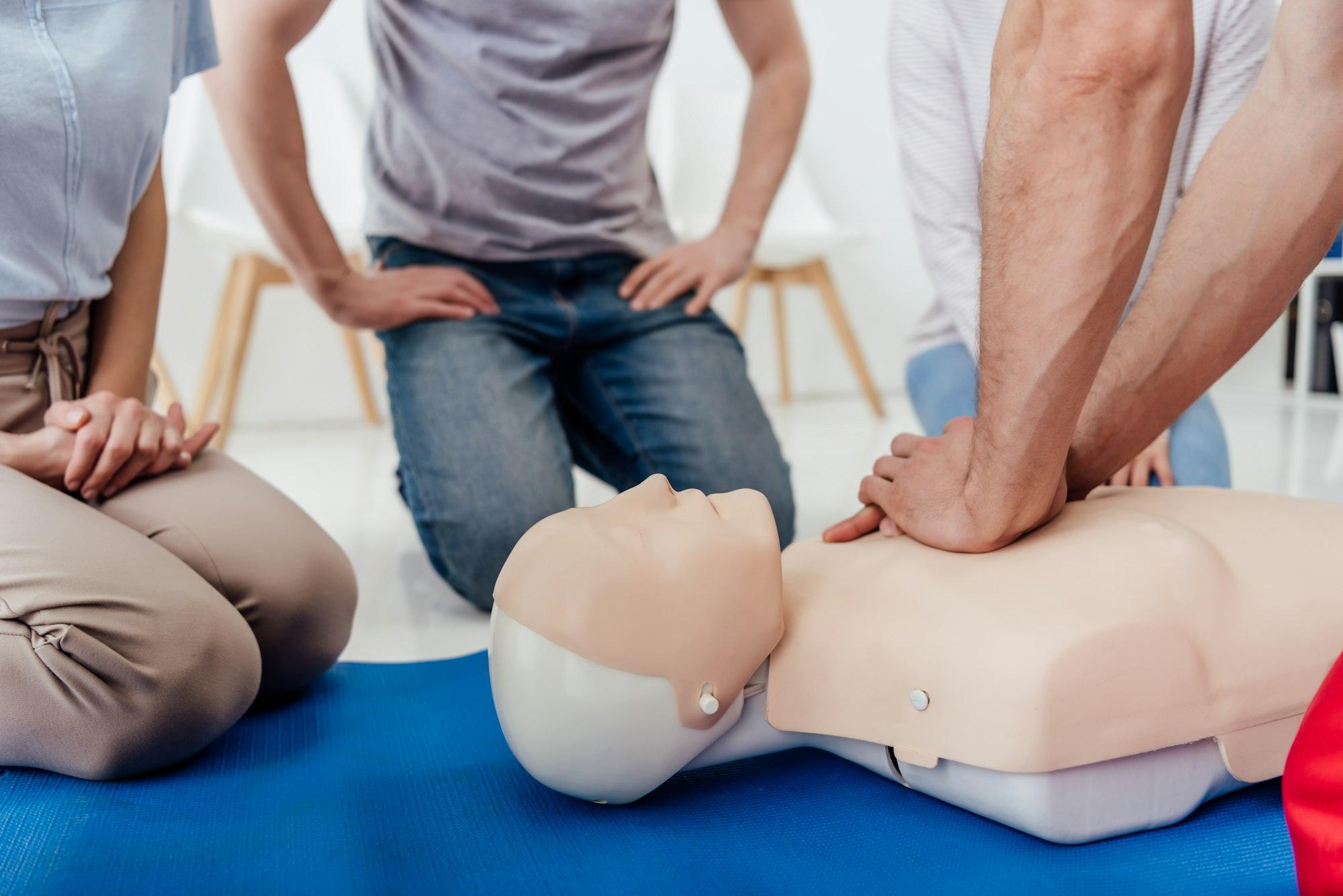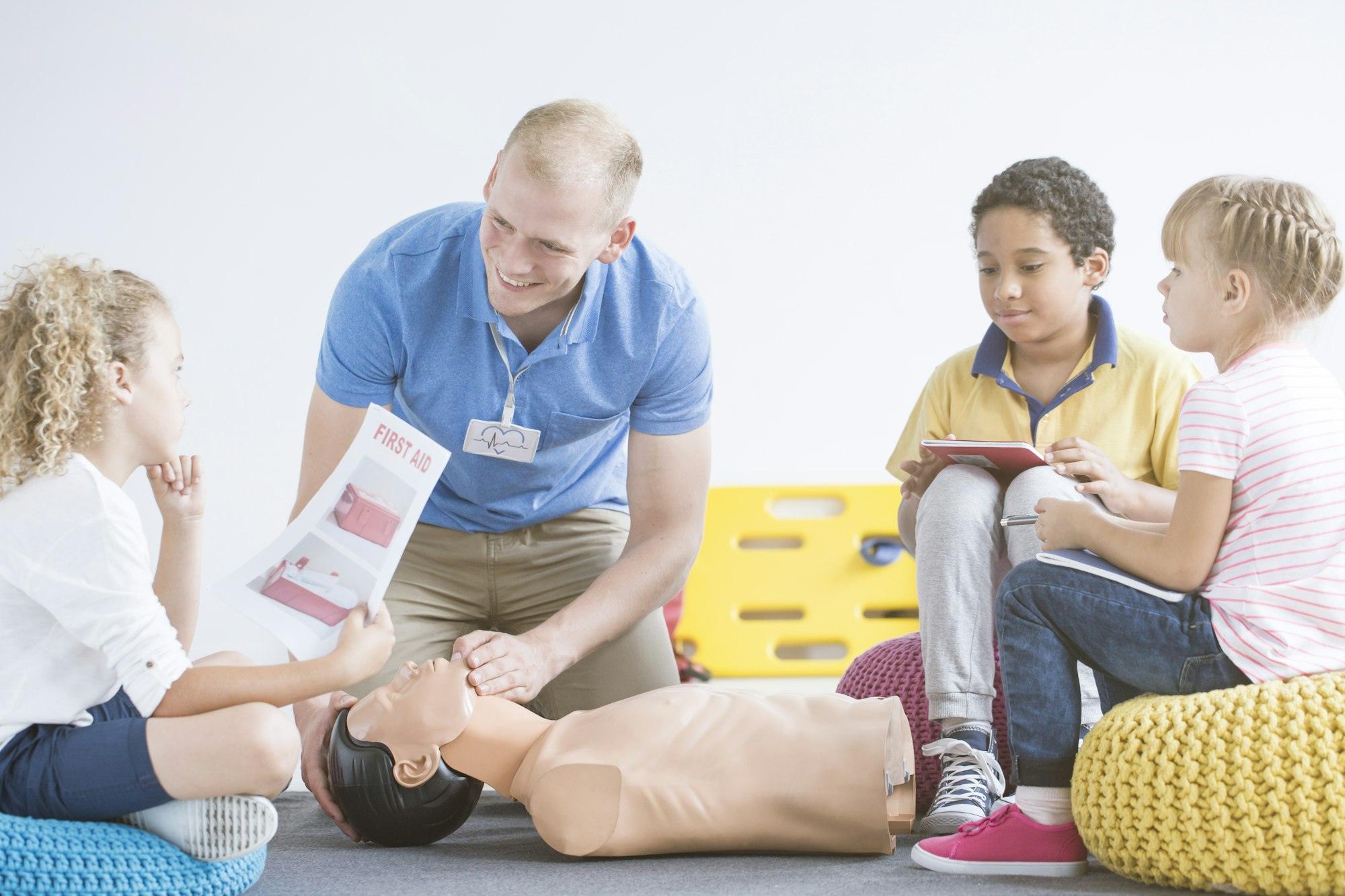ADHD Mental Health First Aid – examples of the common symptoms associated with ADHD
There are a range of symptoms associated with ADHD but they can be broken down into 3 sub types there are;
Hyperactive impulse
Inattention
Combined
Hyperactive impulse subtype
Hyperactive impulse can be symptoms such as;
Anything from fidgeting around to running around in inappropriate conditions. The individual may have difficulty playing quietly or even talk excessively, use inappropriate language and interrupt others.
They may have very short patients in waiting their turn to play games or even to joining on a conversation.
Inattention subtype
Inattention subtype are much more associated with concentration levels and becoming easily distracted. This can lead them into making reckless mistakes because they don’t listen to or be able to follow instructions given. Because they are easily distracted they can have trouble in organising themselves.
Inattention subtype can also lead the person to become very forgetful on a day to day basis during simple tasks and also, they tend to lose personal belonging.
Combined subtype
This is where the person can have both hyperactive impulsive subtype and inattention subtype
What are the ways in which others can help the individual with ADHD to manage their condition?
Others such as parents and family members can help children with ADHD and in this day and age there are many different types of behaviour management programmes in order to support their children’s behaviour. These support programmes are designed to give parents a different range of techniques to support them to help improve their child’s behaviour and attention span. These can also be very useful for friends, partners and careers to help the individual manage their condition. Theses can include things like;
- Developing a routine – this will give the individual a structured daily routine , this can include, set meal times and sleep.
- Set target reminders; this can be done by having a noticed board in a designated area where you can add sticky notes or have a to-do-list on it, so the person can keep refereeing to it. You can also include reminders on any mobile device such as their mobile phone, iPad / tablet or computer.
- In order to avoid any misunderstandings that can lead to conflict, ask the person with ADHD to repeat any requests that has been agreed to save confusion and misunderstanding.
- Try to control any clutter – people with ADHD can be very unorganised, so keep control of clutter can help manage their frustration
ADHD Mental Health First Aid
What local resources and treatments are available to someone experiencing ADHD?
Name of local resource:
The individuals GP will be the first point of contact in the NHS.
What it offers:
Their GP can offer advice and guidance and refer the individual to an appropriate paediatrician or psychiatrist. The GP will also monitor the persons condition and prescribe the right type of medication.
Name of local resource:
Local support groups, social workers and schools can be a resource for ADHD
What it offers:
They can all give information, advice and guidance. Local support groups are a great to offer support and also get to meet others suffering with ADHD and share their experiences. Social workers can help them with a day to day routine and also provide information to family about how they can help manage the condition. Certain special school’s that specialise in challenging Behaviour can help the person control their emotions at school and at home.
Name of treatment
Treatments available for ADHD could be prescribed medication
What this entails
Medication will help the person with ADHD to;
Concentrate and feel calmer
Feel less impulsive
Be focused to be able to learn better and learn new skills
Name of treatment
Other treatments would be behaviour therapy
What this entails
This normally entails behaviour management – behaviour management is effective by a system put in place which uses a rewards and penalties scoring; for example, if the person can remain focused on a task that they compete with minimum fuss, then they will be rewarded or a small penalty if they don’t compete it or uses challenging behaviour during the task.
Such as recognising positive behaviour, parent training and education programmes can equip parents with vital skills in talking and playing with their children to improve their behaviour. Cognitive behavioural therapy can also be used as a form of treatment.
For further information on our Mental Health First Aid ADHD courses please contact us here or for our mental health done for you training package please see here


